Top 10 Facts About Black History Month UK
How should we remember British history? And where do Black people fit in? Check out these Black History Month facts and see what YOU think about it!
You might have heard about Black History Month. But what’s it got to do with Britain and British history? Well – a lot! Black History Month is when we celebrate and remember all the amazing contributions of black and brown people to British history, and how Britain itself has become what it is today. And when we remember the past from different perspectives, it’s possible to make a better future for everyone. So, check out these top 10 facts about Black British history and find out why this month is so relevant today!
1. Black History Month is important

Black History Month has been marked in the UK since 1987, and takes place every October (in the USA it’s been going for longer, and is celebrated every February). It’s important because it’s an opportunity for everyone to reflect on the past and think about how to improve things for the future. Black History Month makes the point that history is about how we remember – and that has a lot to do with what’s going on right now.
2. Britain has a LOT of Black History
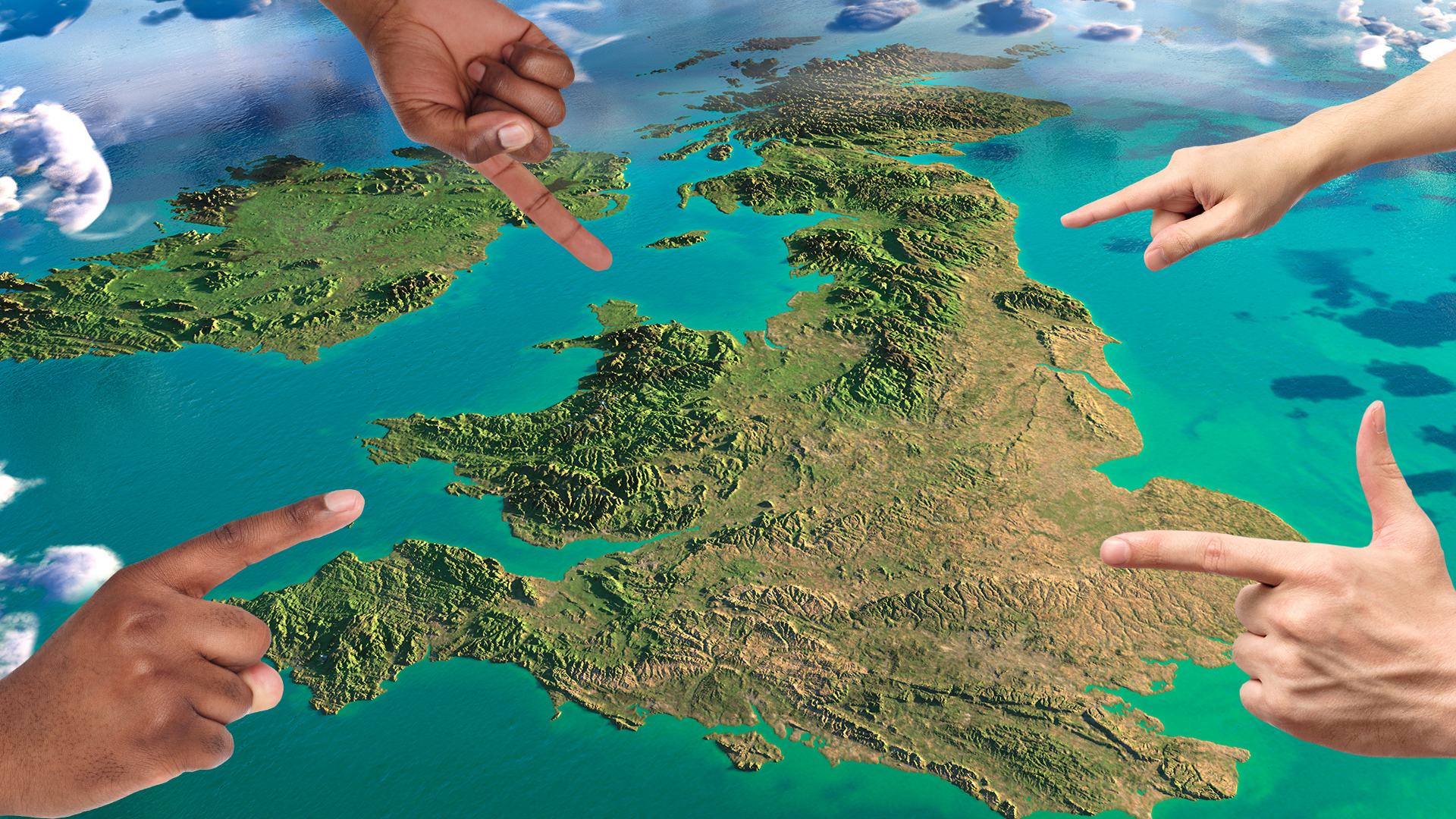
Black History Month was started in the USA, a country with a long and difficult history with slavery and racism. But what about the UK? Well, British and black history are totally mixed in with each other. You can’t separate them! Black people – and people from all over the world – have always had an influence on Britain, and are the reason Britain became a rich country (and has stayed one to this day). There have been good moments and awful ones – but the most important thing is to remember them all. Let’s look at some of those moments now!
3. Black Romans
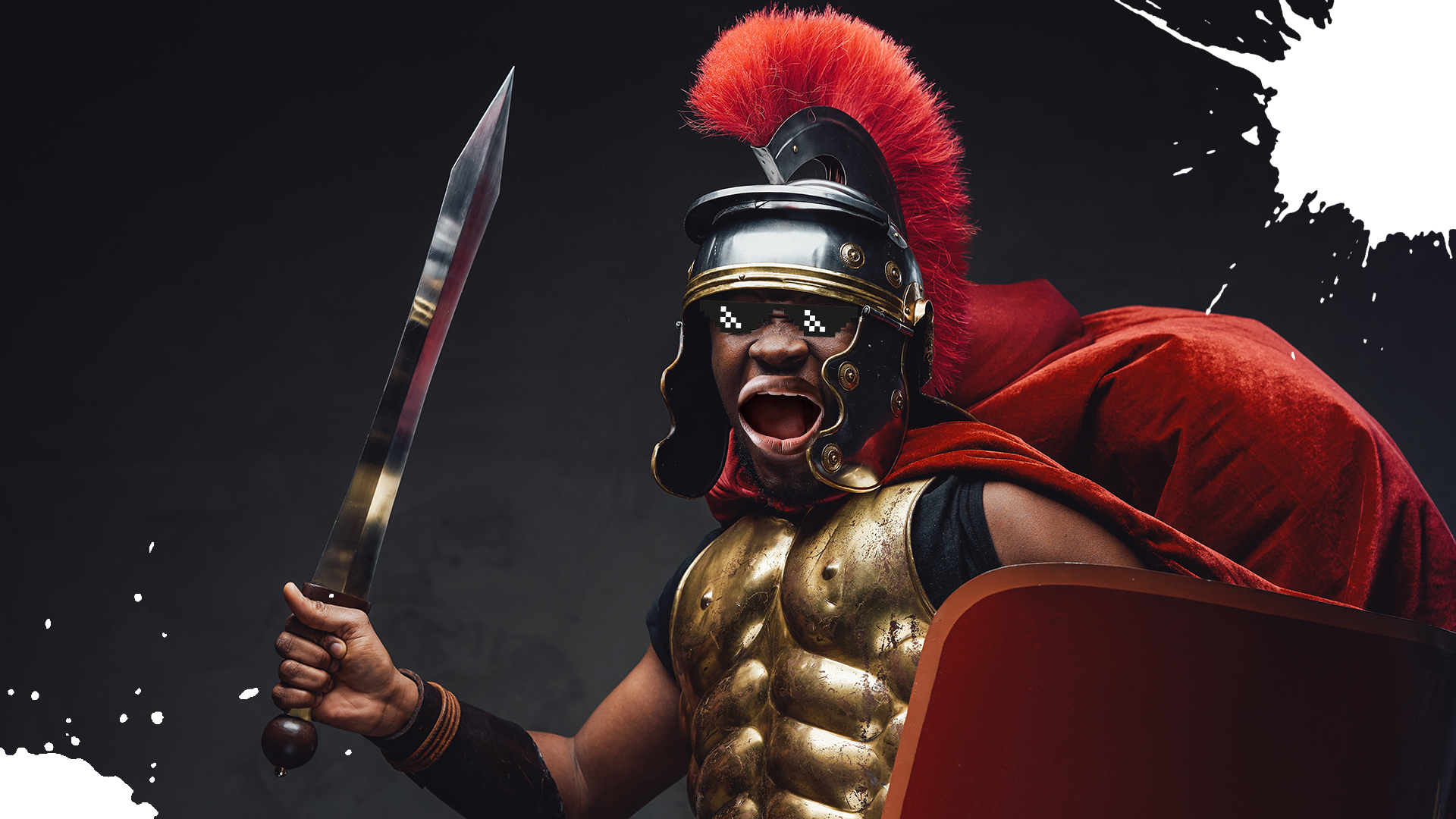
The islands we now call Britain were part of the Roman Empire – a huge, multicultural Empire. There were Romans from Africa, from the Mediterranean, and from as far East as Persia (modern day Iran). People moved around freely in the Empire, and many black and brown people set up shop in modern day Britain. They were soldiers, business people, scholars – there was even a unit of African Roman soldiers guarding Hardrian’s wall to keep out the Scottish!
4. Black Tudors
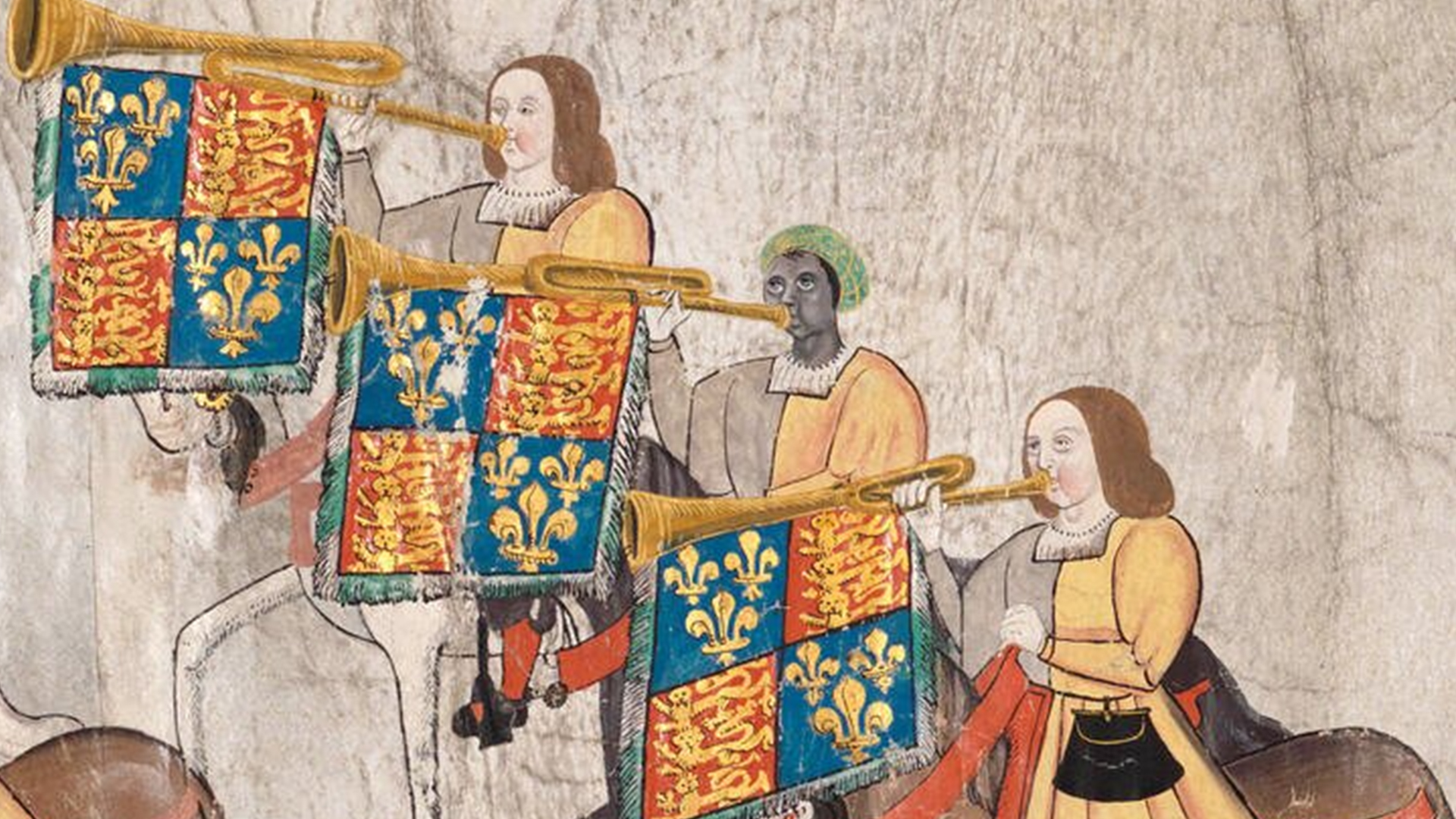
No doubt there are countless stories of black British people that we’ll just never know about. But we do know that were were black Tudors! The most famous of which was John Blanke, a trumpeter inthe Royal Court of Henry VII and Henry VIII. There was a long tradition of European Royals employing black and brown musicians and there are many images of them in tapestries – but unfortunately most weren’t written about and we’ll never know their names.
5. Black Queens?
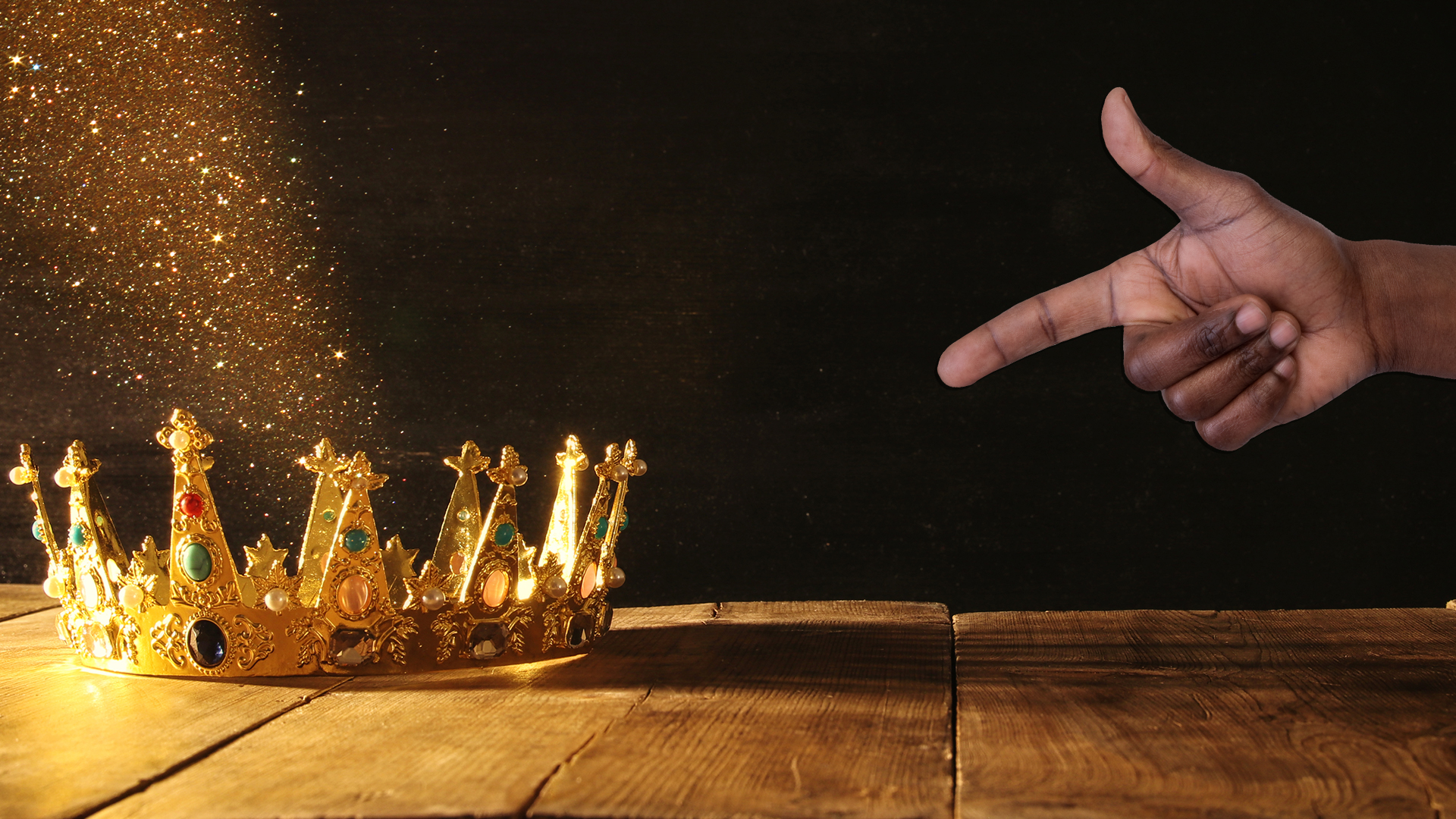
It’s even claimed that Britain’s had two black Queens. One is Queen Phillipa of Hainault (1310 – 1369), and the other is Sophie Charlotte (1744 – 1818). Both are claimed to have had African ancestry, and so were mixed race. There is clear evidence that Sophie Charlotte in particular had North African heritage via her Spanish ancestors. Whether or not this made her “black” is another question – but it shows how we’ve always lived in an international, multicultural world!
6. The British Empire
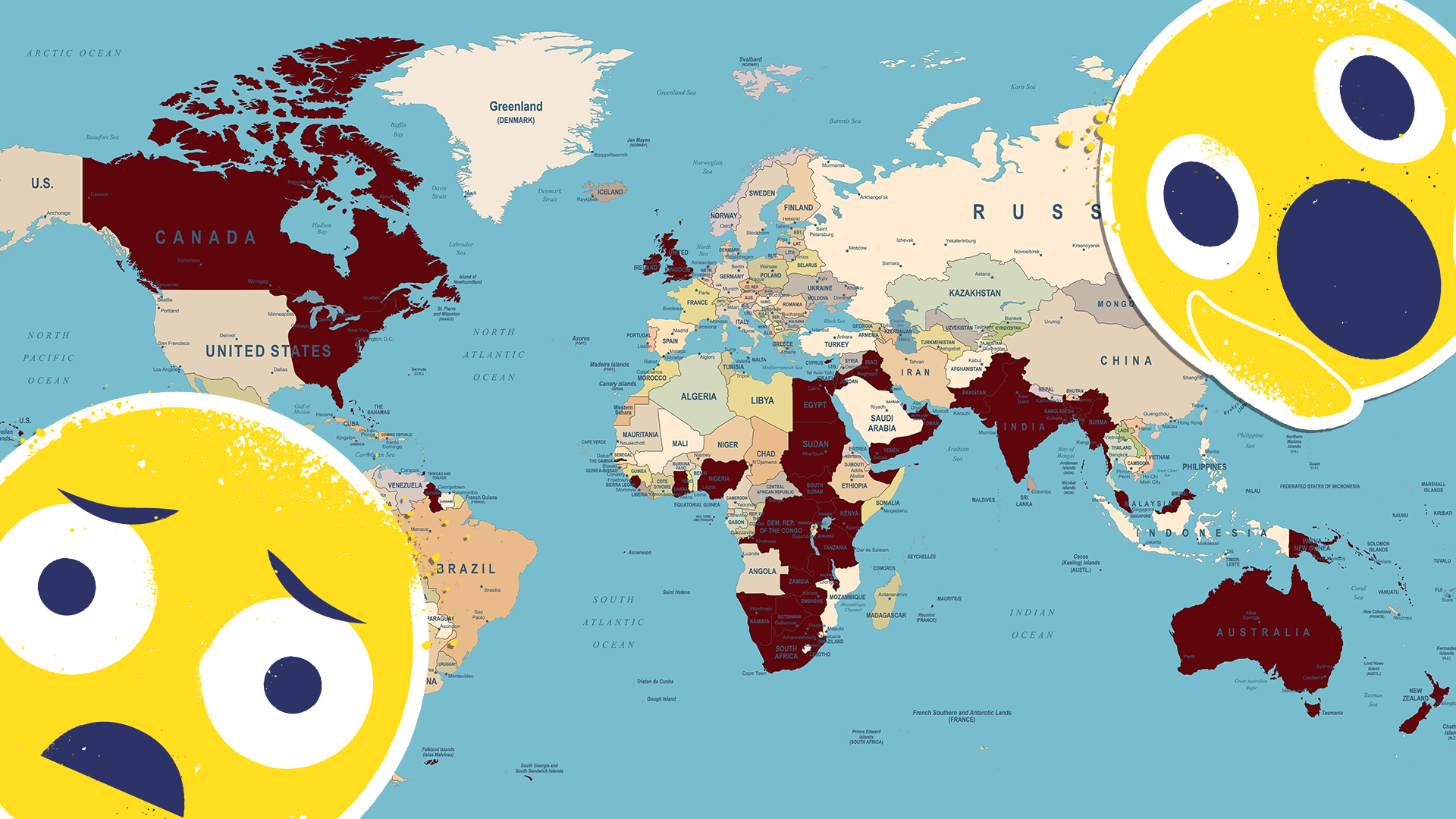
It’s impossible to deny the effect Black people had on Britain’s history when you remember that Britain has actually invaded 90% of the countries on Earth at one point or another. The British Empire was the largest Empire ever and it definitely changed the world – but it also changed Britain! Some good things may have come out of the British Empire (like certain inventions and scientific discoveries) but it’s important to remember that a LOT of bad things happened too. The Empire made Britain a powerful country, and it set us up for being a powerful country today, too. So it’s important we think about this history and the people who were a part of it, because in many ways they made us who we are!
7. Britain and Slavery
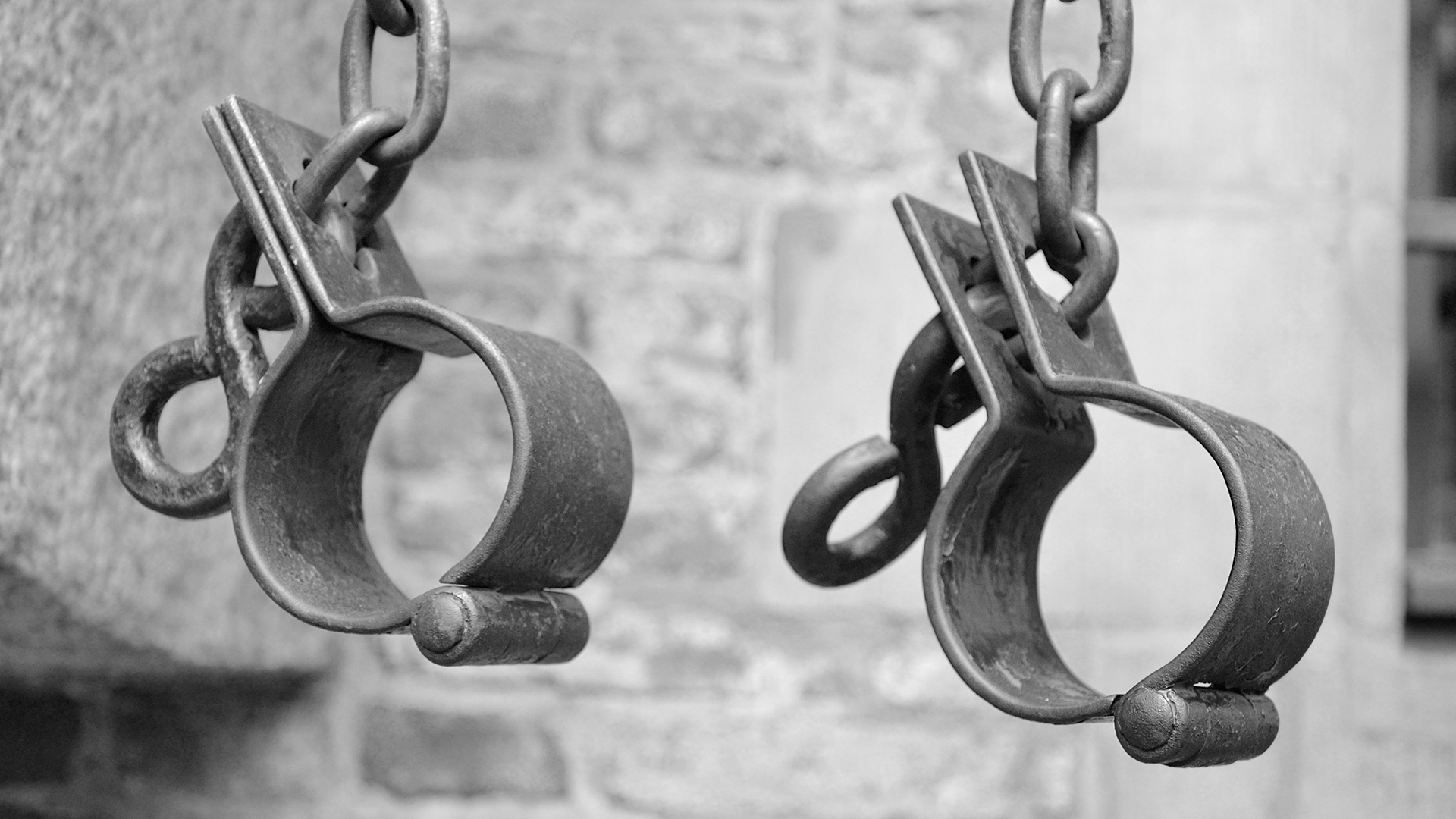
Just as the Empire made Britain rich, so too did the Transatlantic slave trade. This involved kidnapping millions of people from Africa and selling them as slaves to plantations in the New World. It went on for hundreds of years and caused unimaginable suffering. Britain did abolish slavery in 1833 – a long time before the USA – but still made serious profits from it, and relied on cotton produced by slaves for a long time after that. It’s really important that we remember moments like this, so we can stop it happeneing again.
8. Black soldiers in WW1 and WW2
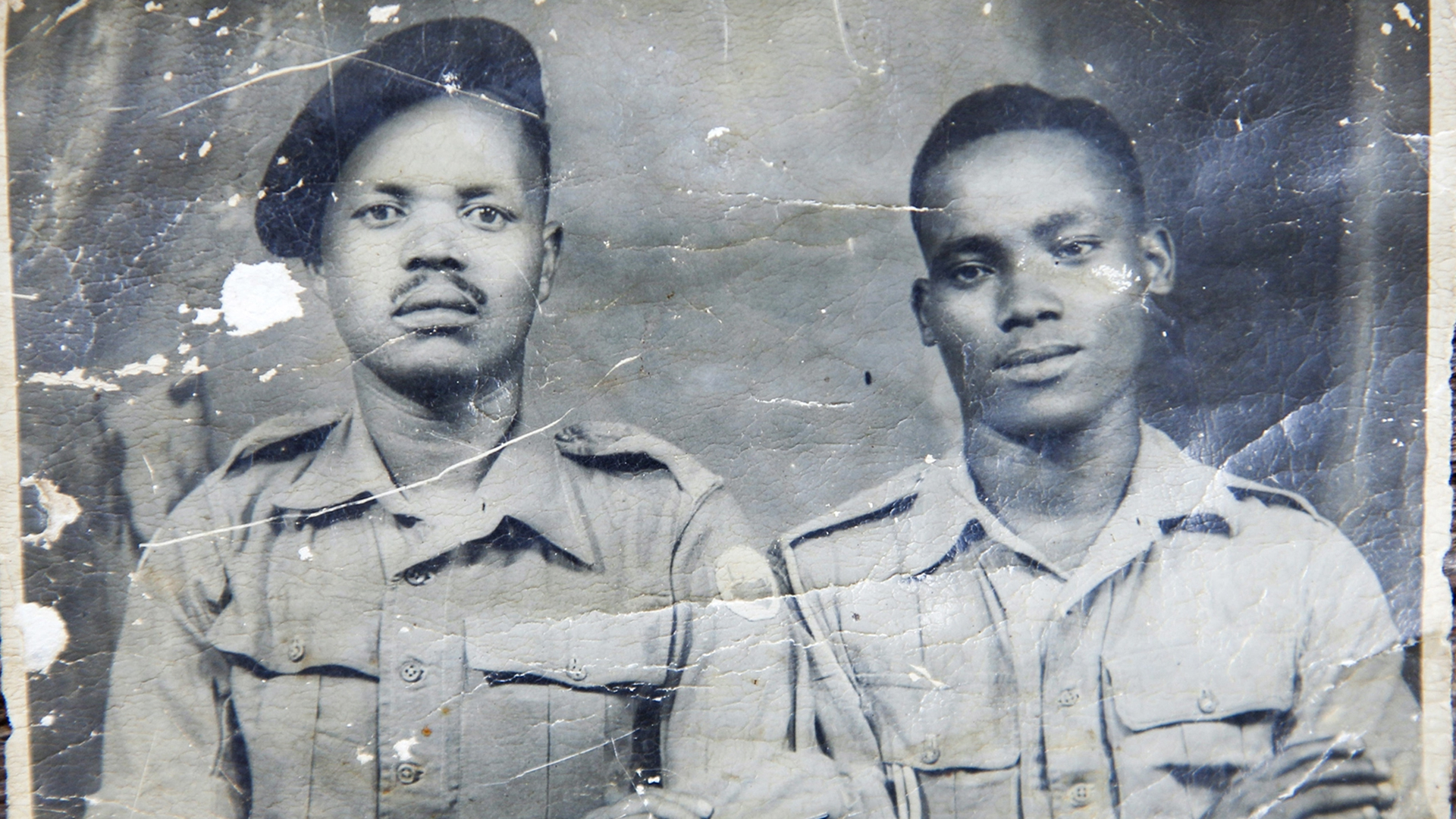
As part of the Empire, many black and brown soldiers from places like the West Indies, India, South Africa and other places fought for Britain in both World Wars. They made a huge contribution to the war effort – 3 million soldiers came from the Commonwealth in WW1, and over 10 million in WW2! It’s hard to guess how the wars might have gone without their help – but what’s for sure is that history would have been very different.
9. Black History after the Empire
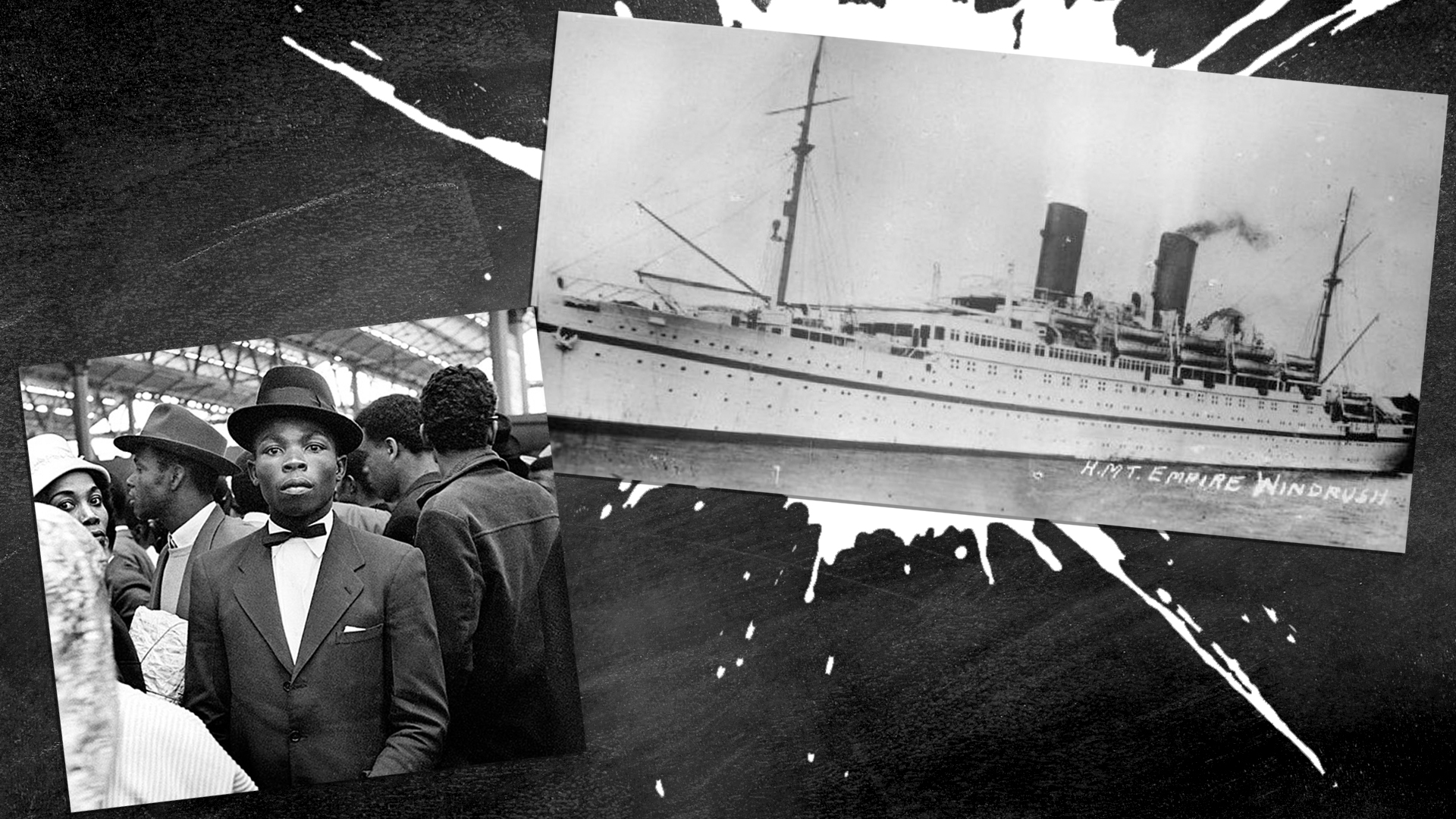
The British Empire slowly falling apart after World War 2 didn’t mean the end of black history in the UK. Far from it! Half a million workers from Jamica, Trinidad, Tobago and other islands were asked to come to Britain to fill job shortages. This group were known as the Windrush generation, and they played a huge role rebuilding Britain after the war. Great British institutions like the NHS really relied on the Windrush generation – and often they weren’t treated well in Britain. In fact, they still need to fight for recognition of their work!
Migration to the UK also changed British culture for the better too – it led to the Notting Hill carnival, a more diverse culture in the UK, and all the other great things that come with a more inclusive society.
10. Black History is also the future

Black History Month helps us remember that studying history isn’t just because it’s interesting – it’s because it’s the only way to change the future! By looking at the past through a different perspective, we can make fresh opinions about how Britain became what it is today. We can use this knowledge to try and avoid the same mistakes of the past, and hopefully make a fairer future for everyone!













